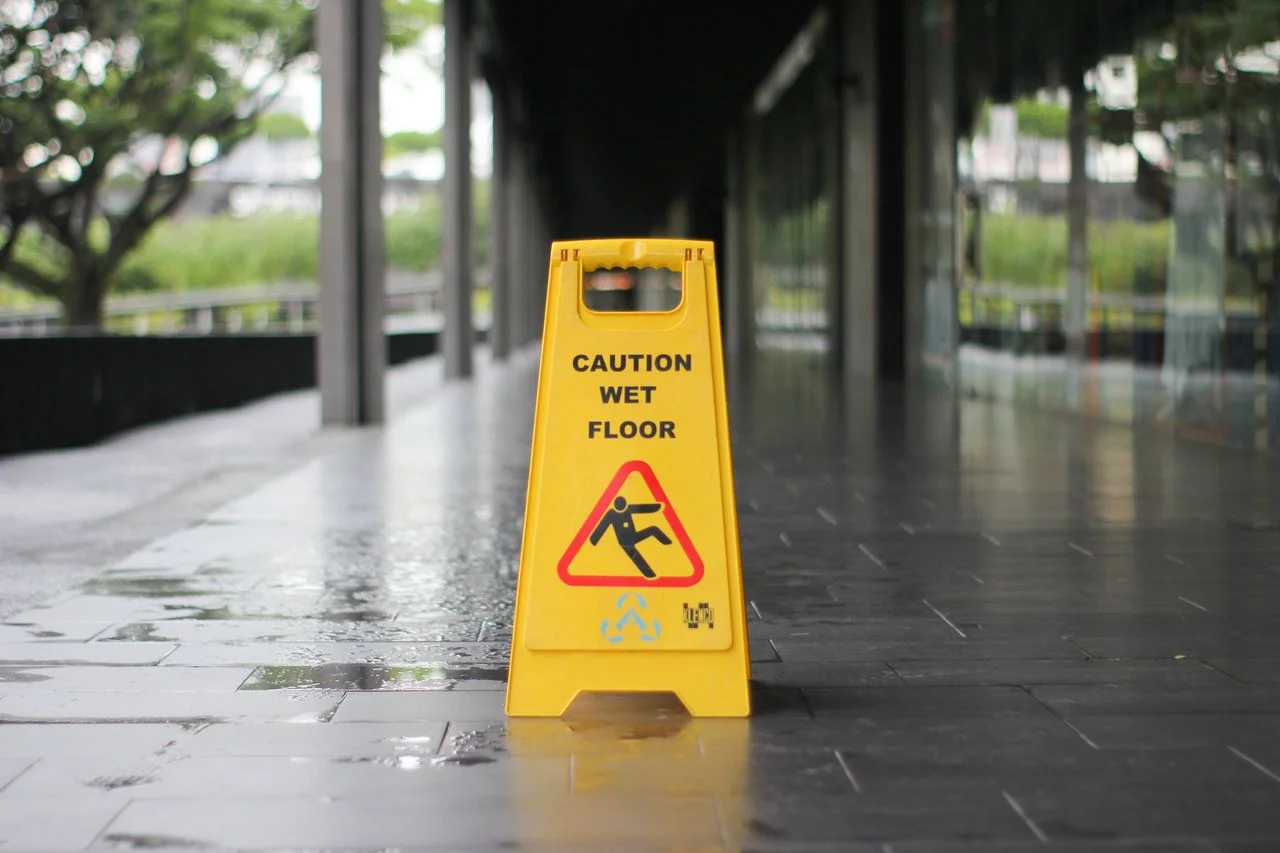Exploring South Carolina’s Laws Regarding Premises Liability and Personal Injury Claims

Premises liability laws in South Carolina govern the legal responsibilities of property owners and occupiers to ensure the safety of individuals who enter their premises. If you’ve been injured due to hazardous conditions on someone else’s property, understanding these laws is essential for pursuing a personal injury claim. Here’s a comprehensive overview of premises liability laws and personal injury claims in South Carolina.
Duty of Care
Property owners and occupiers in South Carolina owe a duty of care to individuals who enter their premises. This duty requires them to maintain their property in a reasonably safe condition and to warn visitors of any known hazards that could pose a risk of harm. The level of care owed to visitors depends on their legal status, such as invitees, licensees, or trespassers.
Types of Hazards
Hazards that may give rise to premises liability claims in South Carolina can vary widely and include slippery floors, uneven walkways, inadequate lighting, defective staircases, and falling objects. Property owners have a duty to regularly inspect their premises for potential hazards and take reasonable steps to address any dangerous conditions.
Legal Status of Visitor
South Carolina law recognizes different categories of visitors, each with varying levels of legal protection. Invitees are individuals who enter the property for the benefit of the owner, such as customers or guests. Licensees are social guests or individuals with permission to enter the property for their own purposes, while trespassers enter the property without permission. Property owners owe the highest duty of care to invitees, followed by licensees, and a limited duty to trespassers.
Negligence and Liability
In a premises liability claim, the injured party must prove that the property owner or occupier was negligent in maintaining the premises or failed to warn of a hazardous condition. To establish negligence, the injured party must demonstrate that the property owner knew or should have known about the hazard and failed to take reasonable steps to address it. Additionally, the injured party must show that their injuries were directly caused by the hazardous condition.
Comparative Negligence
South Carolina follows a modified comparative negligence rule in personal injury cases, including premises liability claims. This means that if the injured party is found partially at fault for their injuries, their compensation may be reduced proportionally to their degree of fault. However, if the injured party is deemed to be more than 50% at fault, they may be barred from recovering any compensation.
Legal Recourse
If you’ve been injured due to unsafe conditions on someone else’s property in South Carolina, you may be entitled to compensation for your injuries and damages. It’s essential to consult with a knowledgeable personal injury attorney who can assess the merits of your case, navigate the legal complexities, and advocate for your rights.
Conclusion
Understanding South Carolina’s premises liability laws is crucial for protecting your rights and pursuing compensation for injuries sustained on another’s property. By familiarizing yourself with these laws and seeking legal guidance when needed, you can assert your rights and hold negligent property owners accountable for their actions.